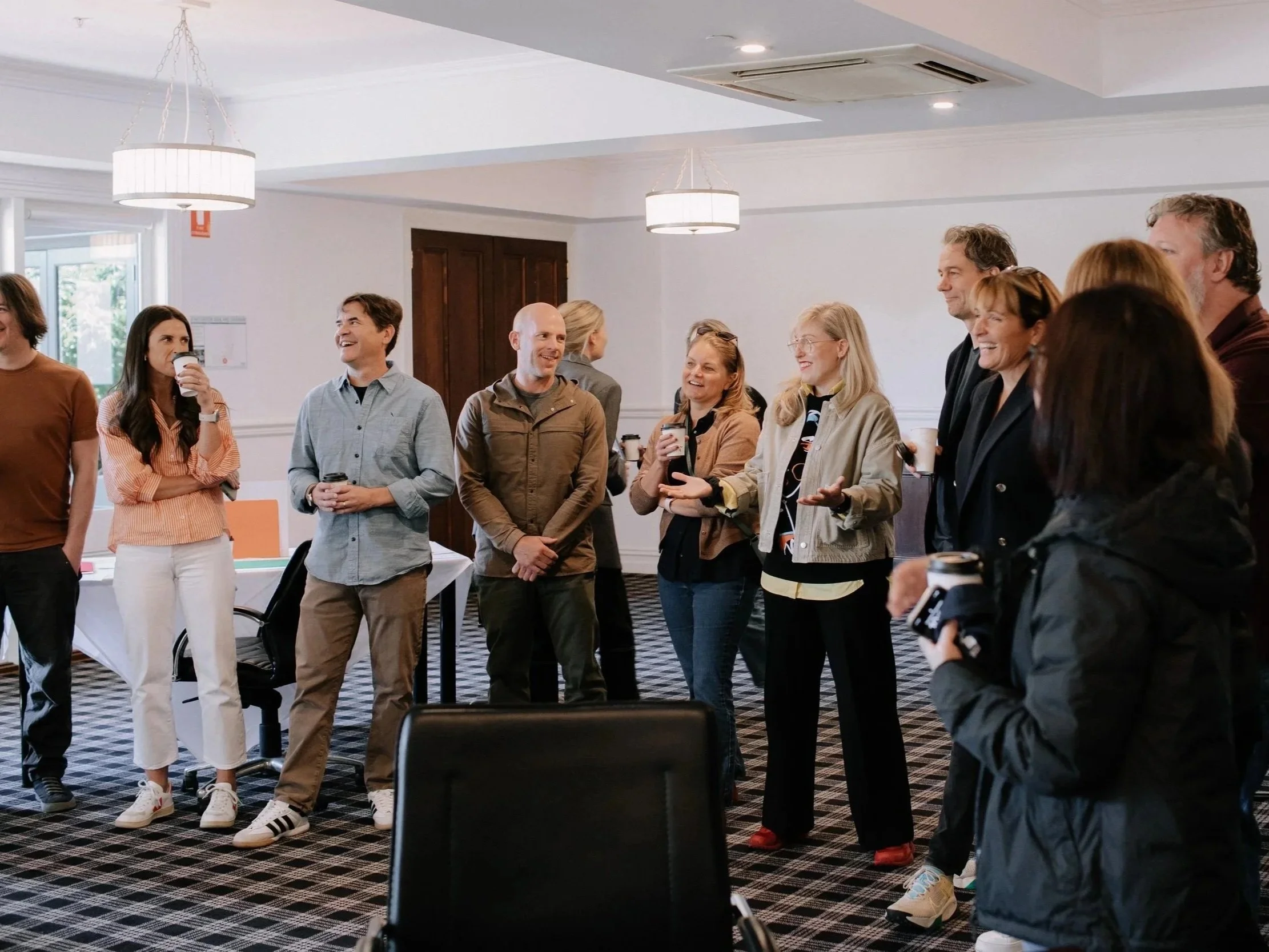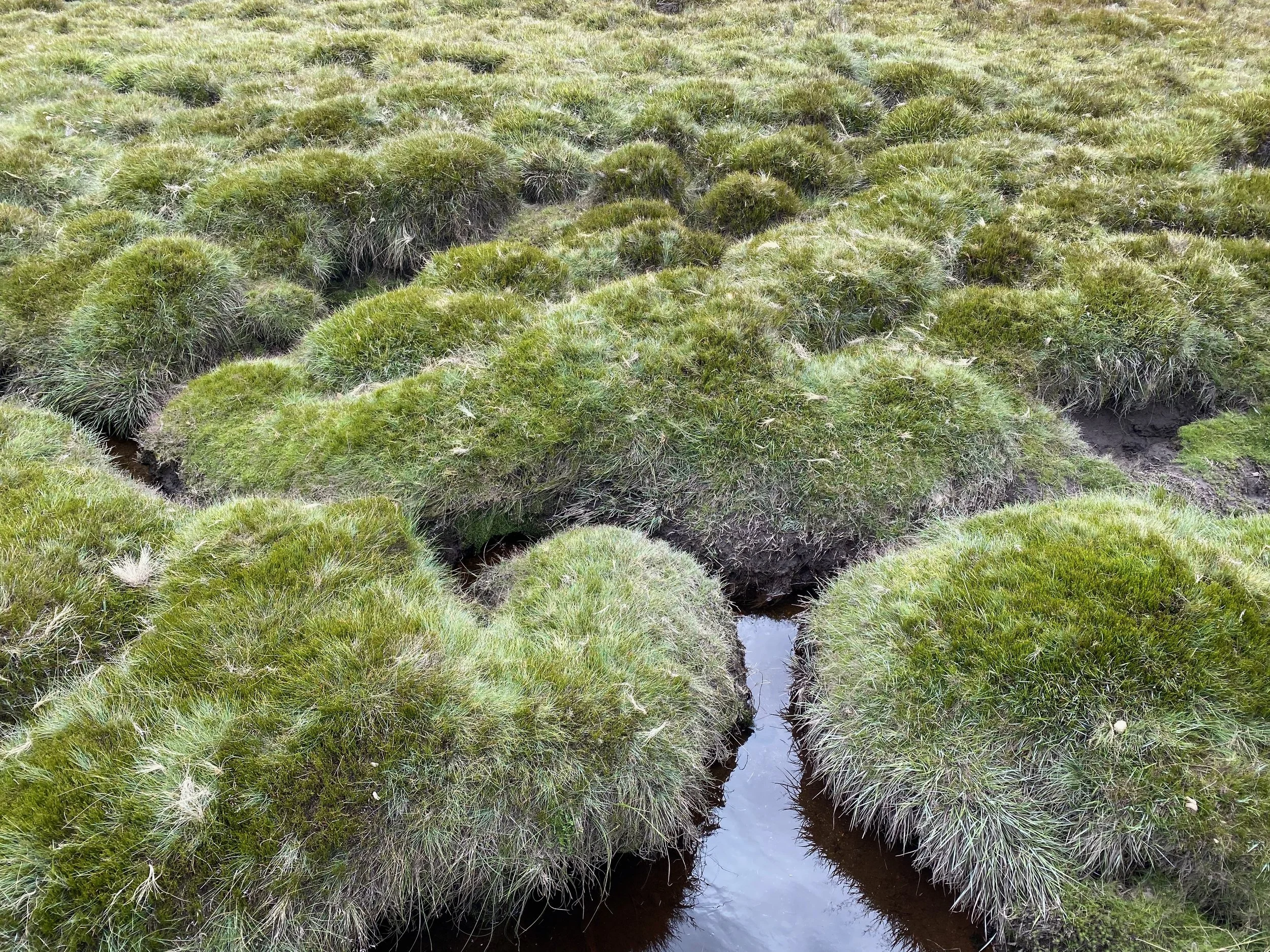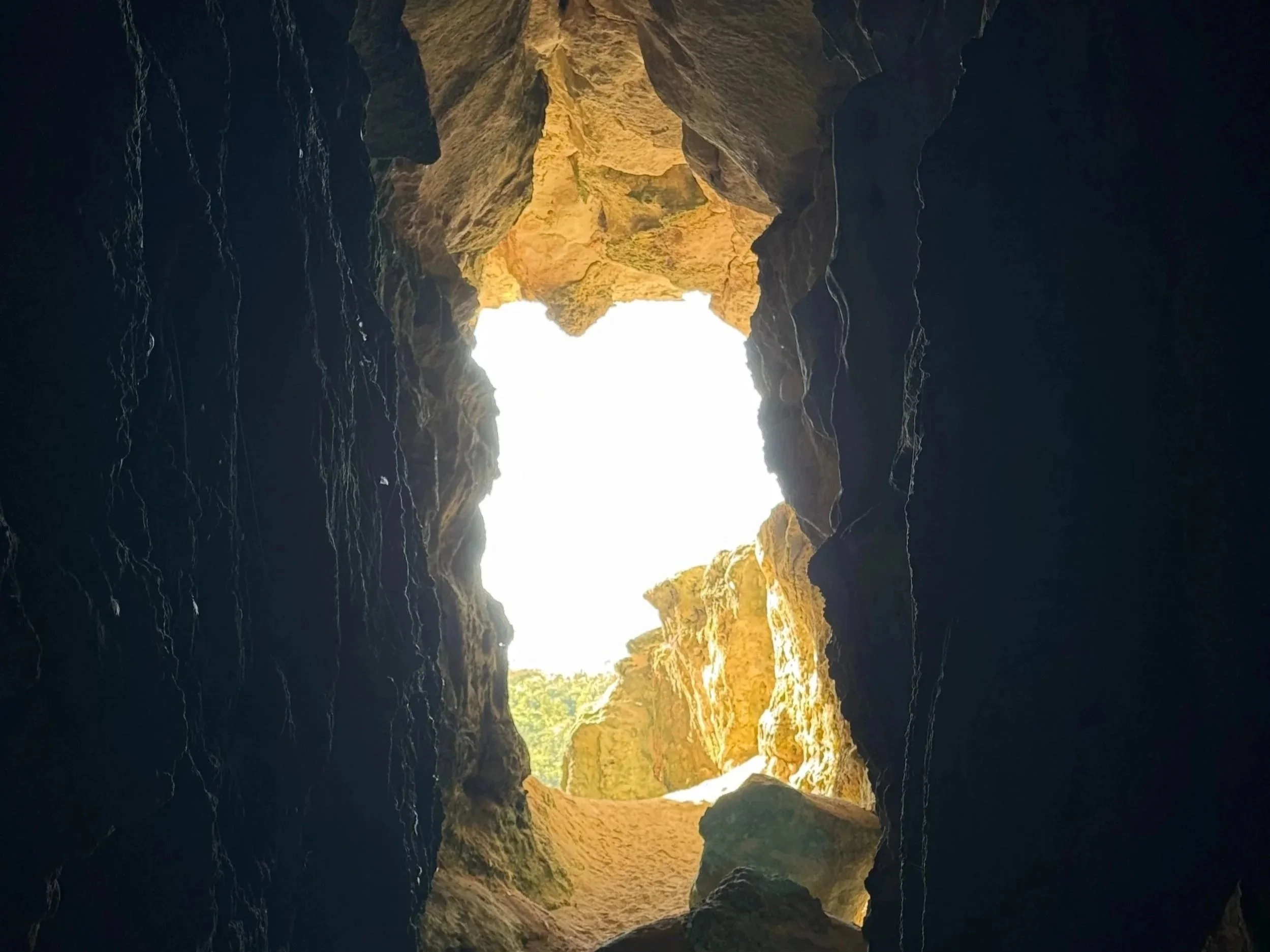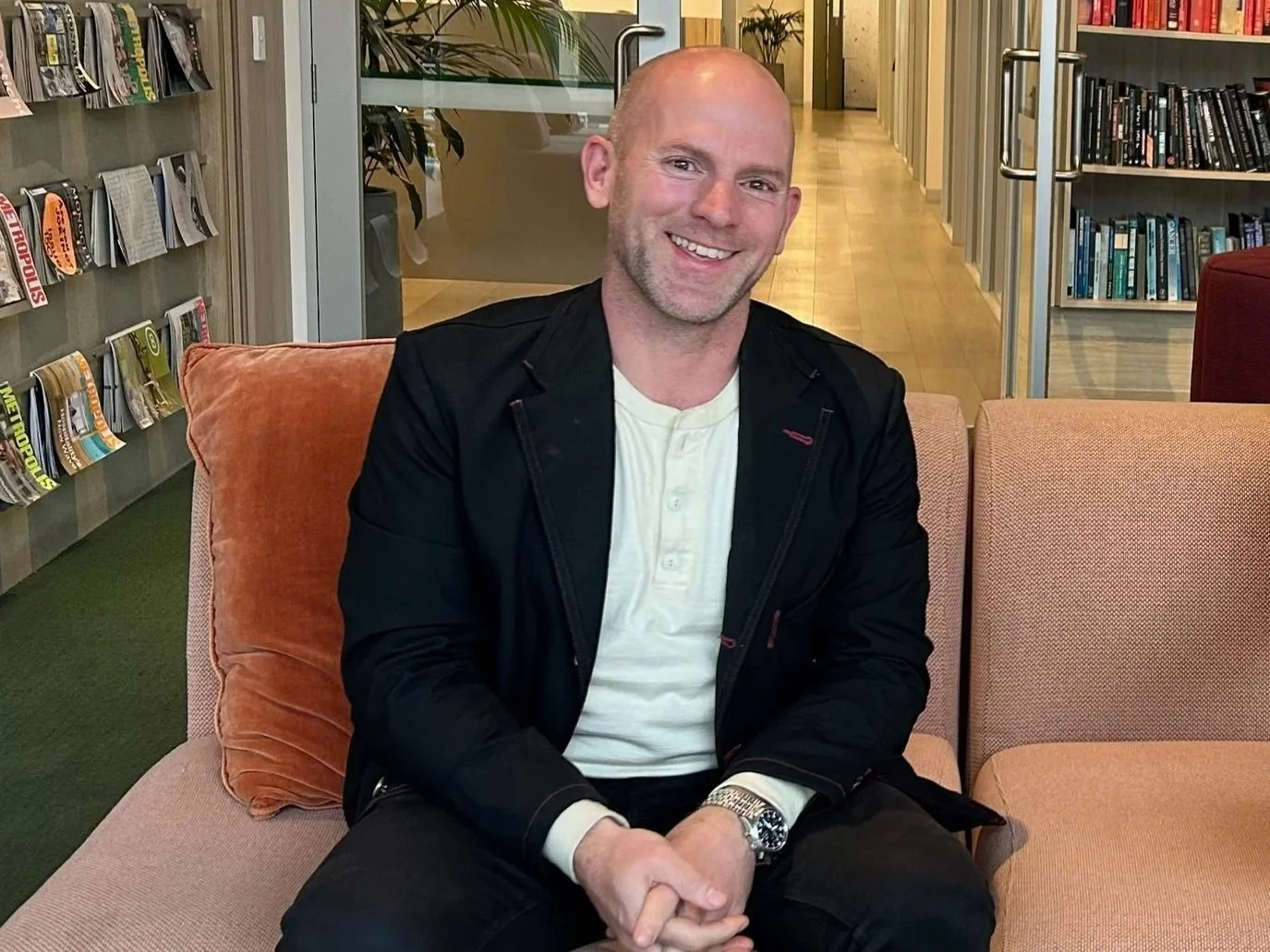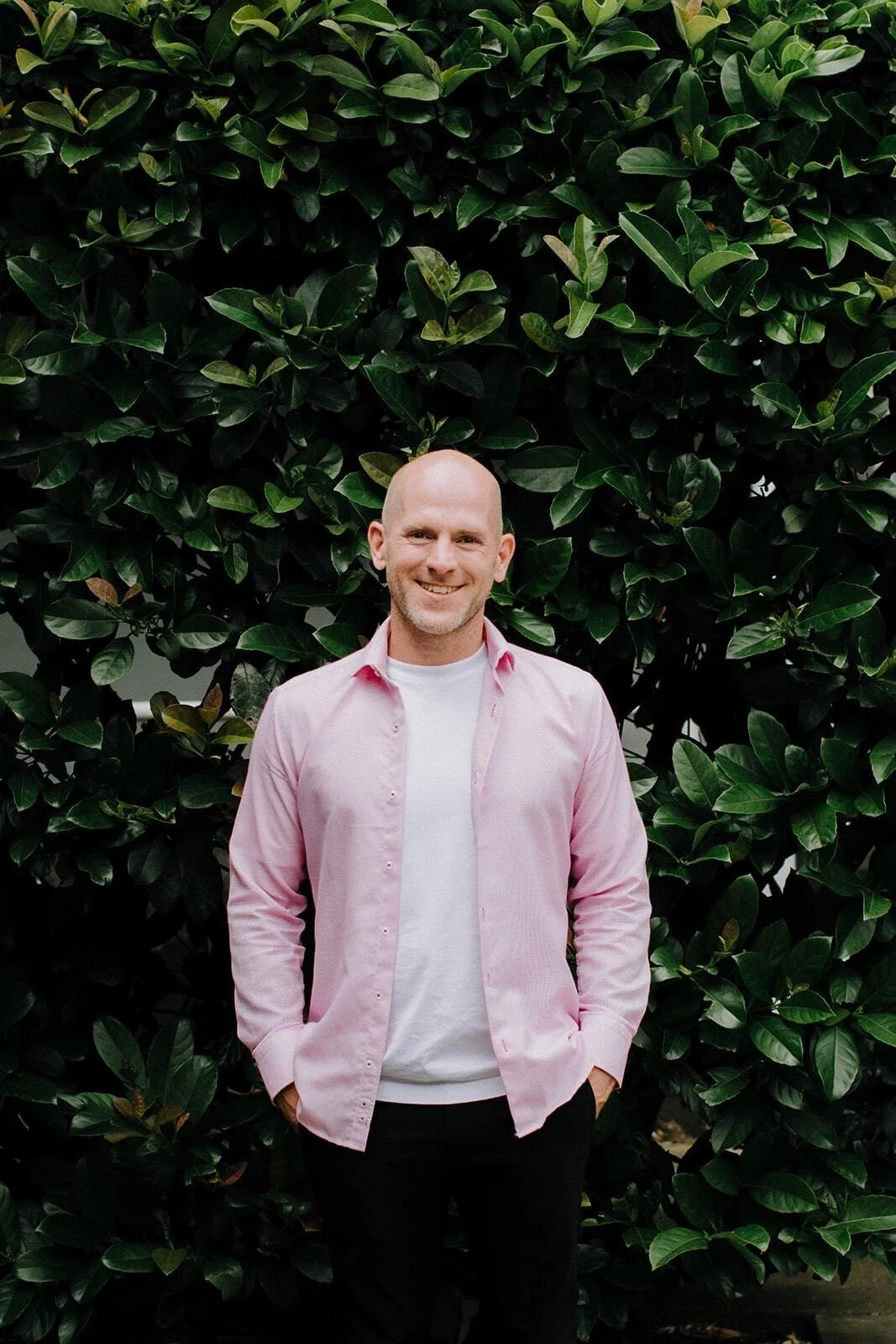
Adam Murray
(Subtle Disruptor)
Finding a way through the uncertain, the ambiguous, and the complex
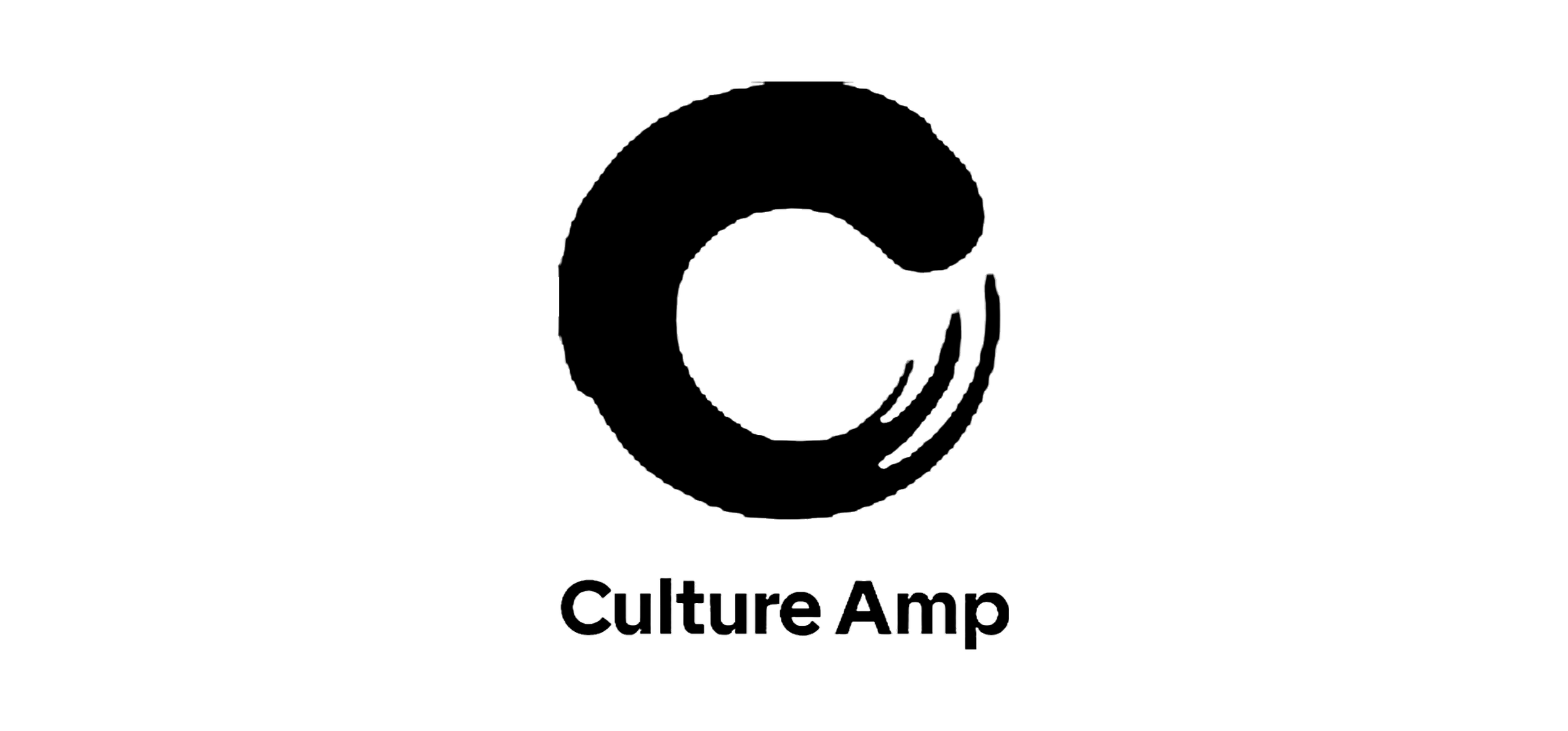
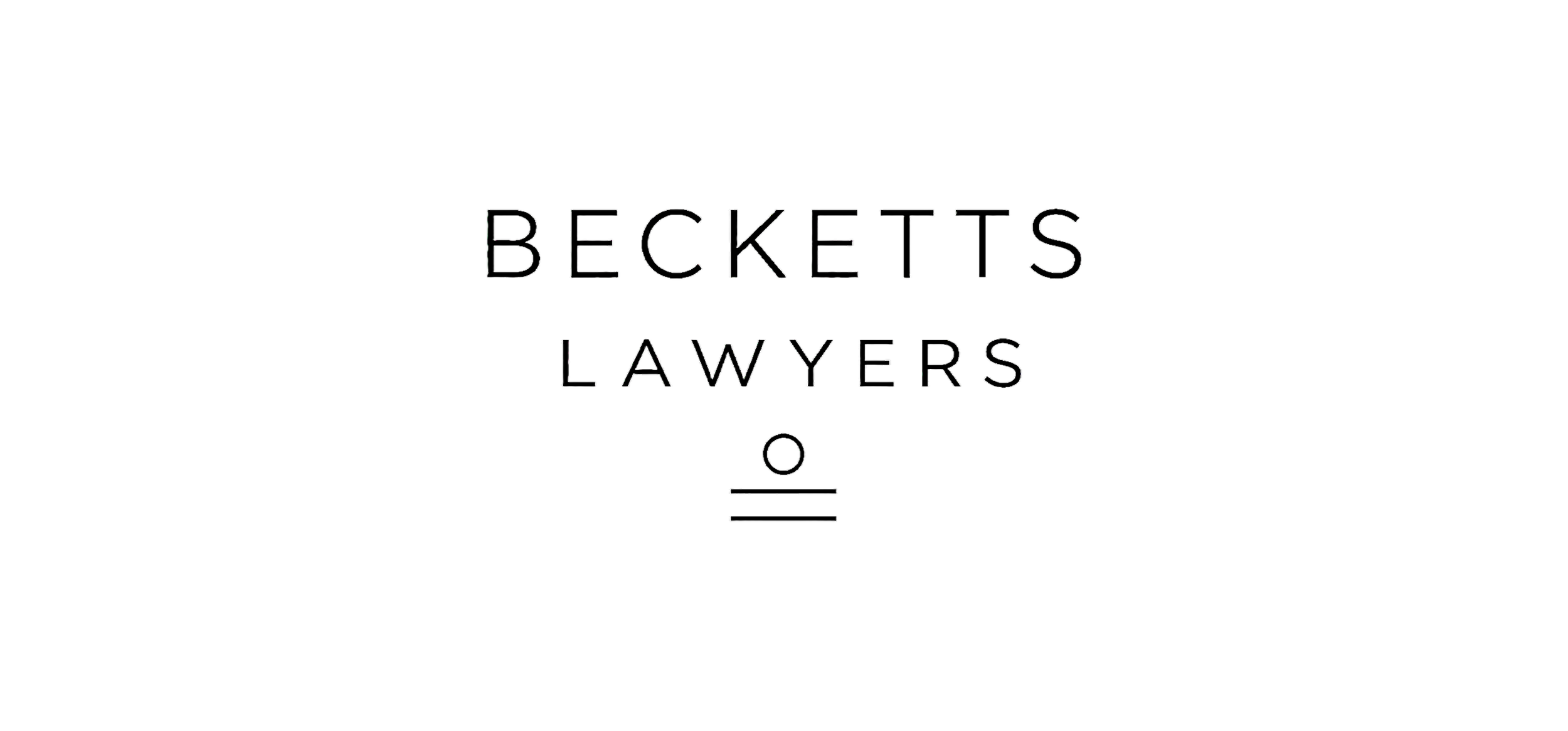

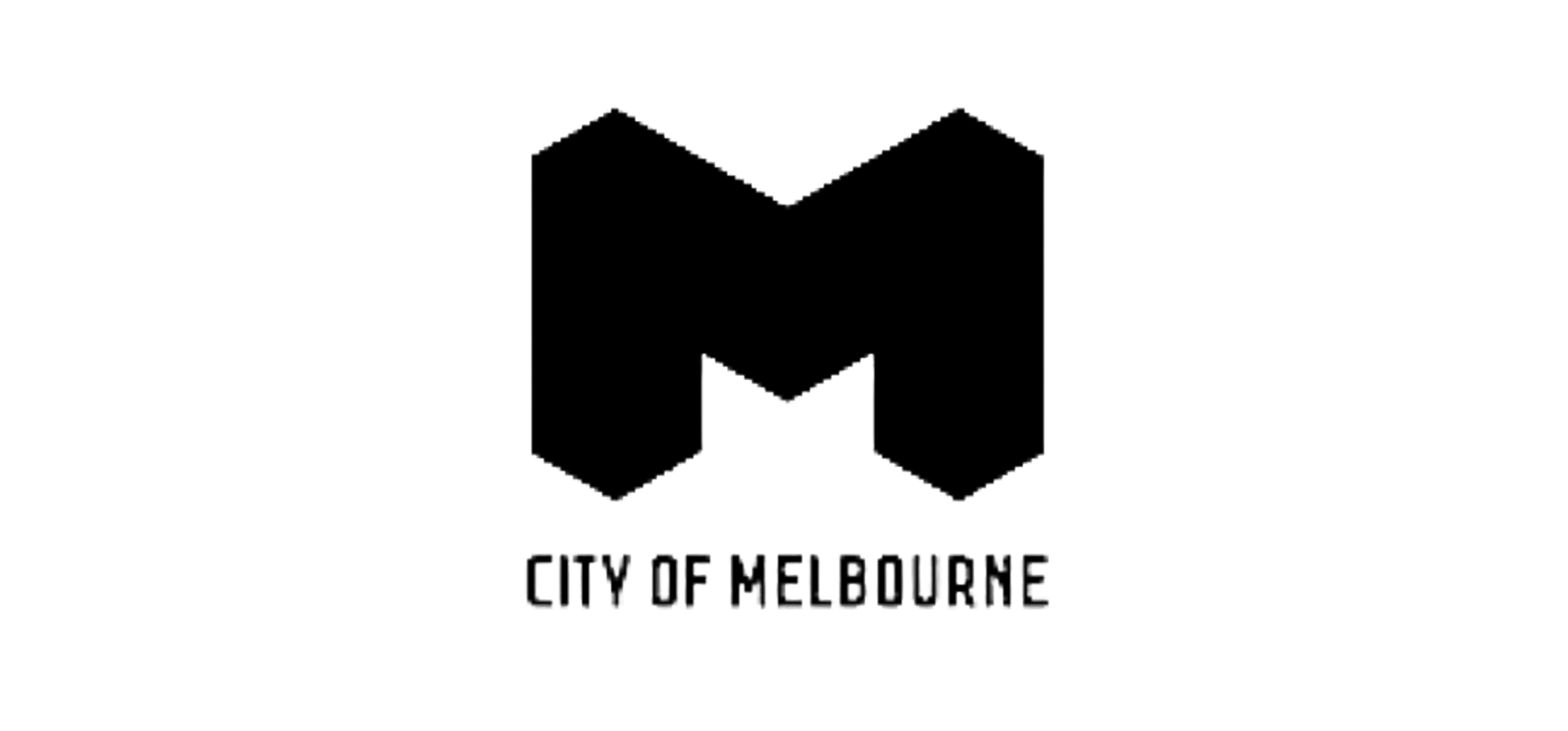
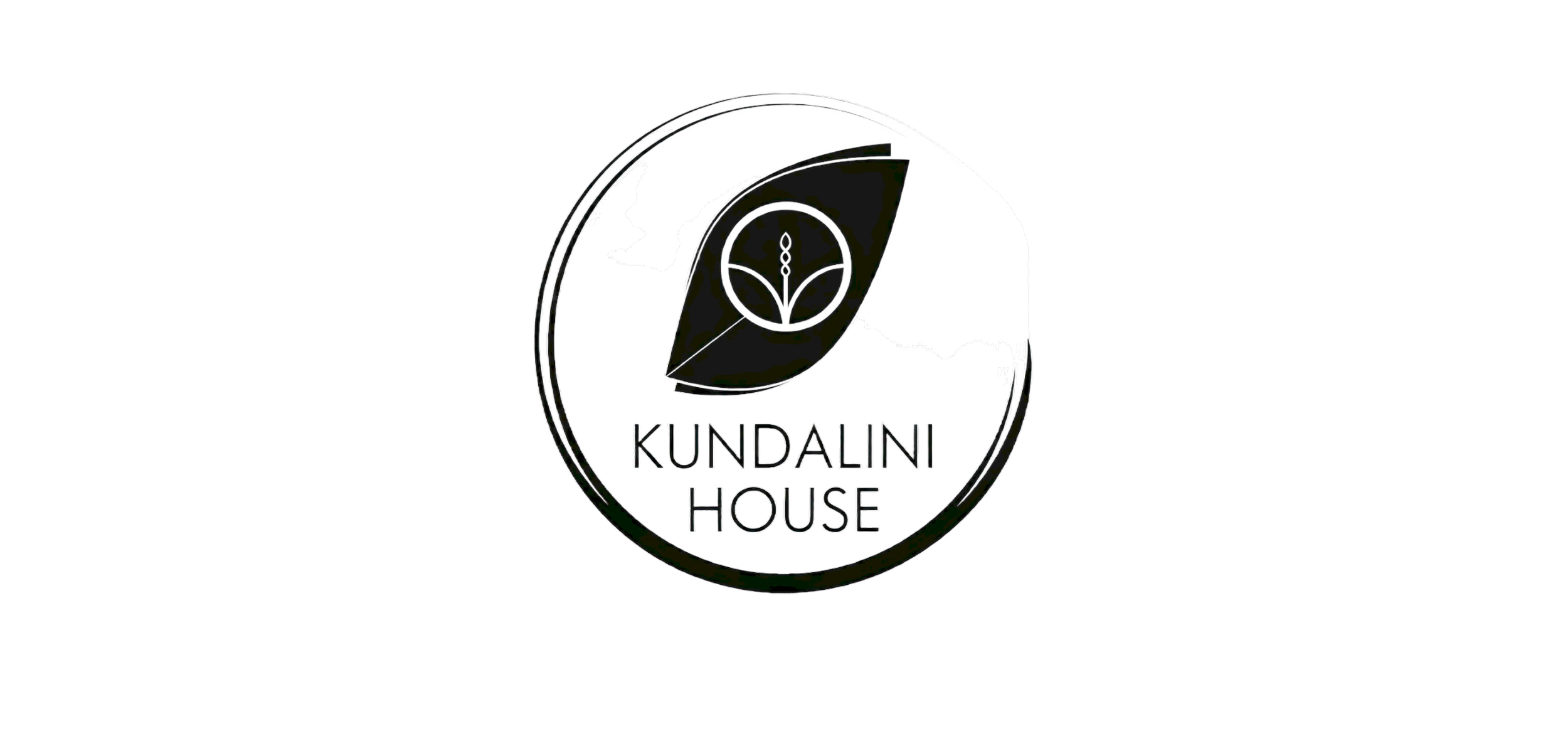

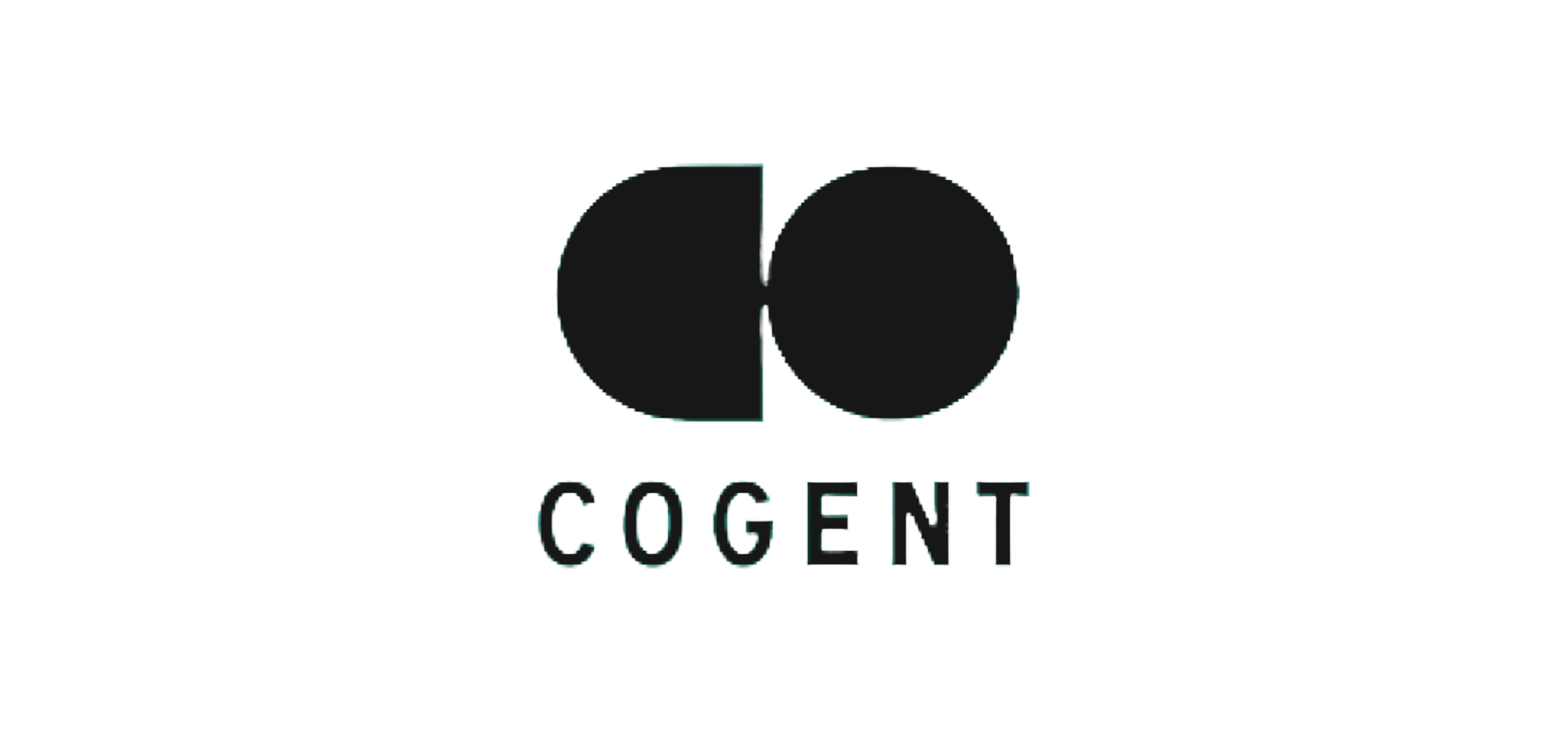
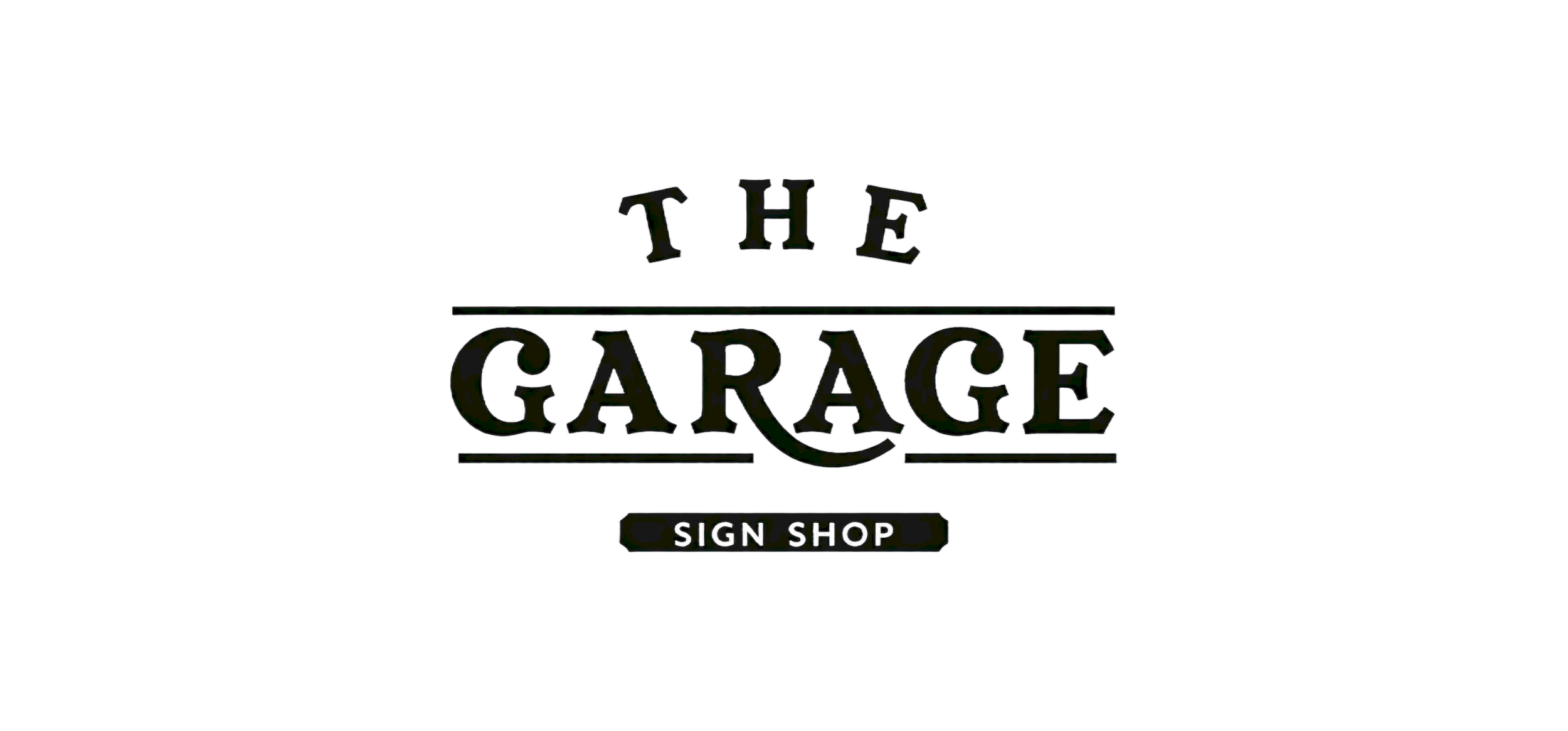

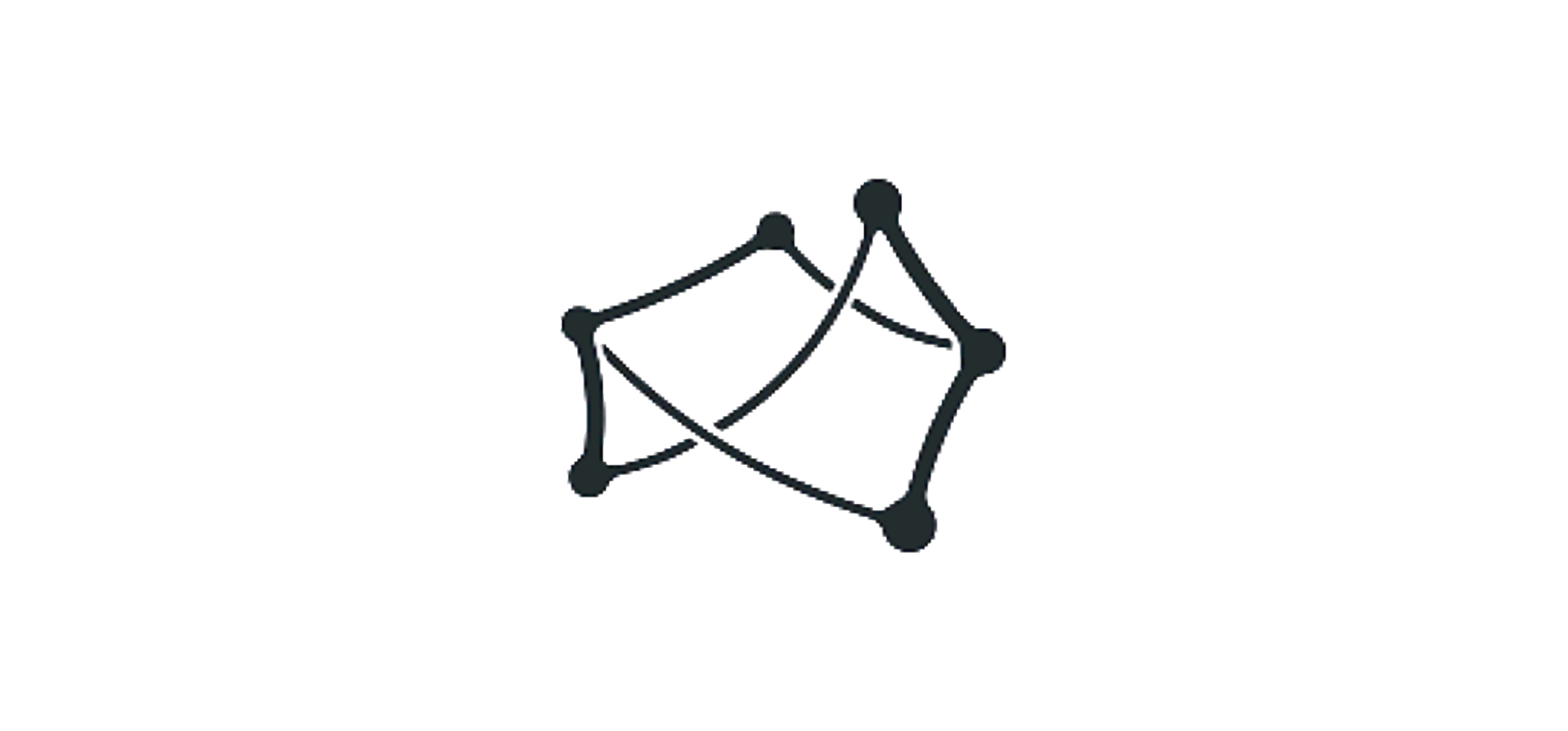
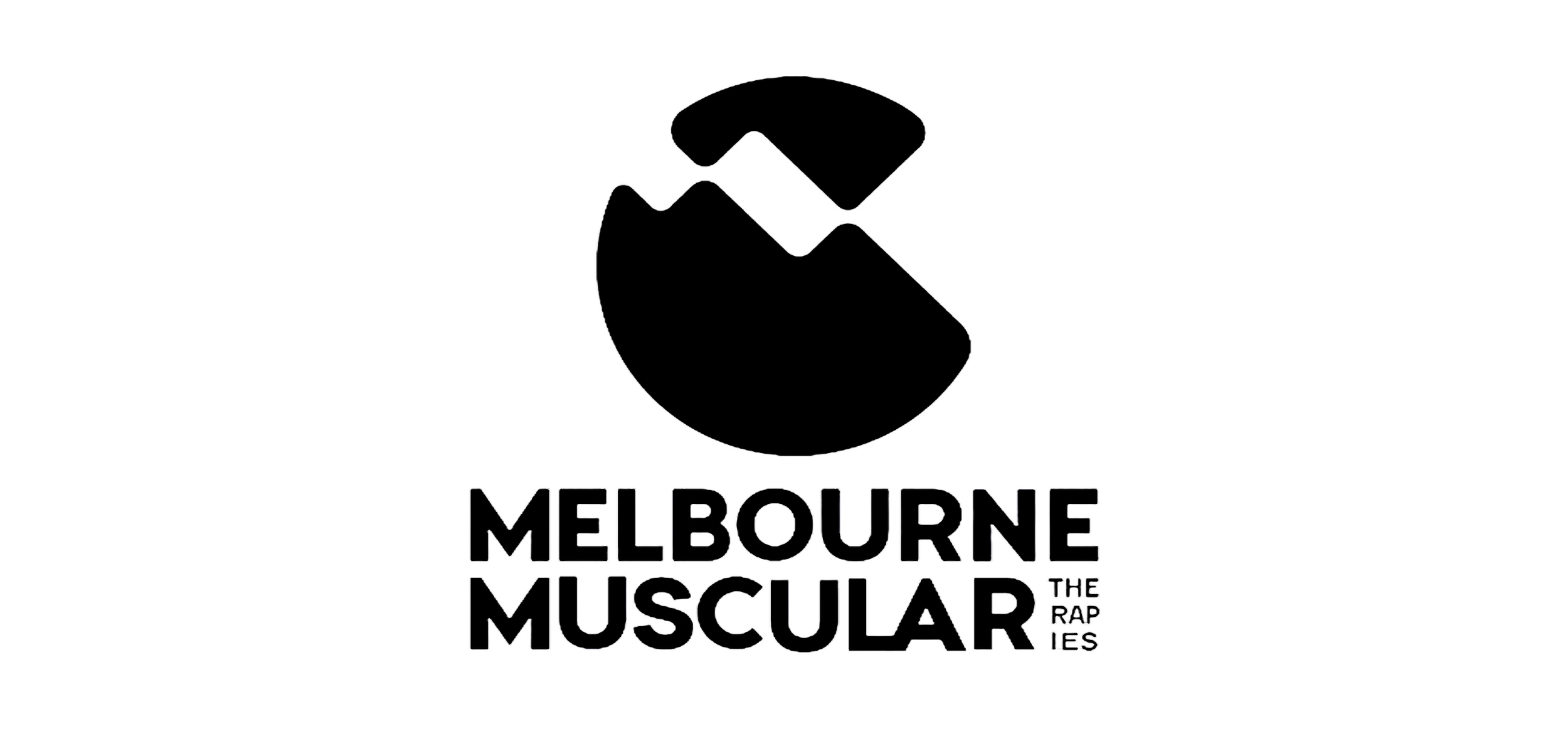
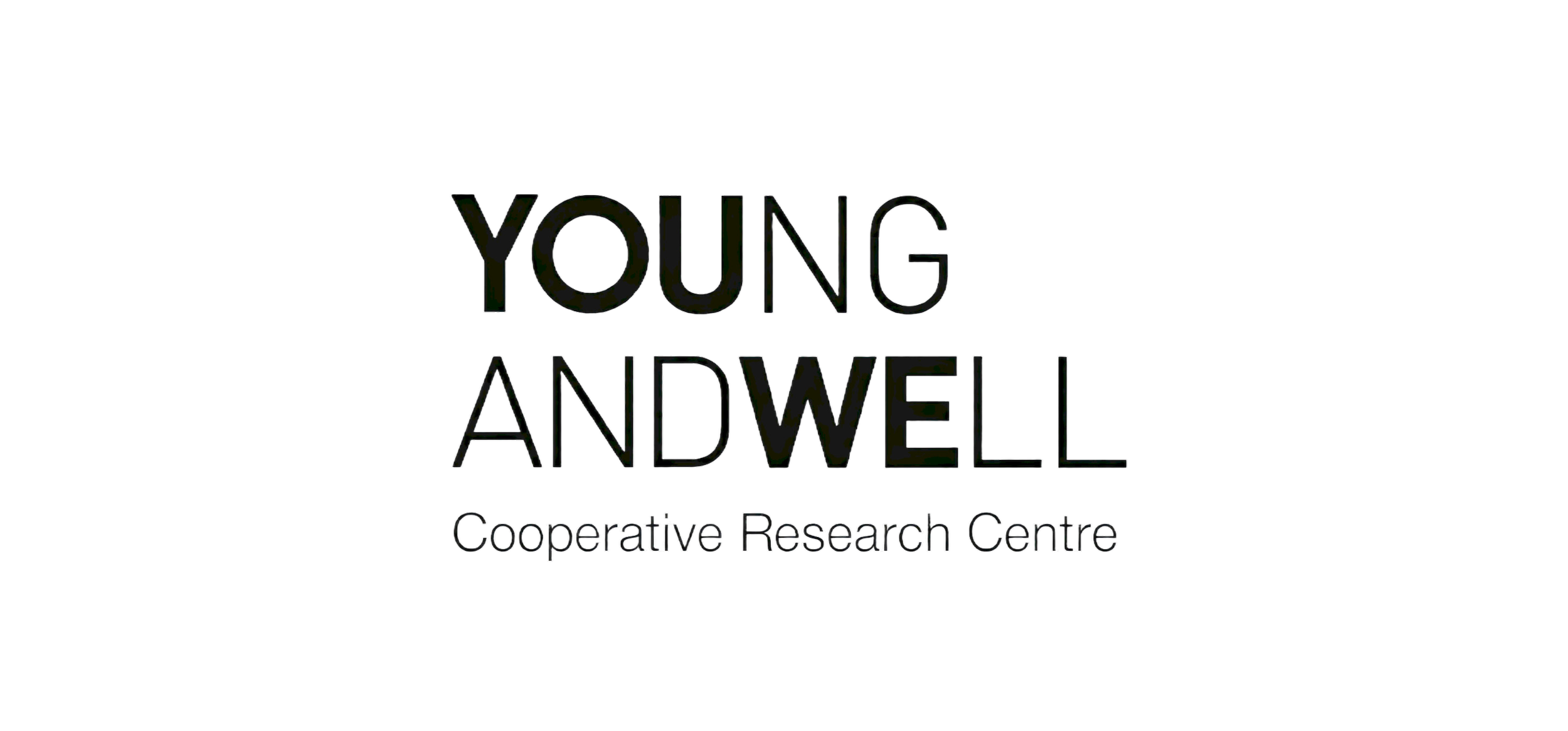

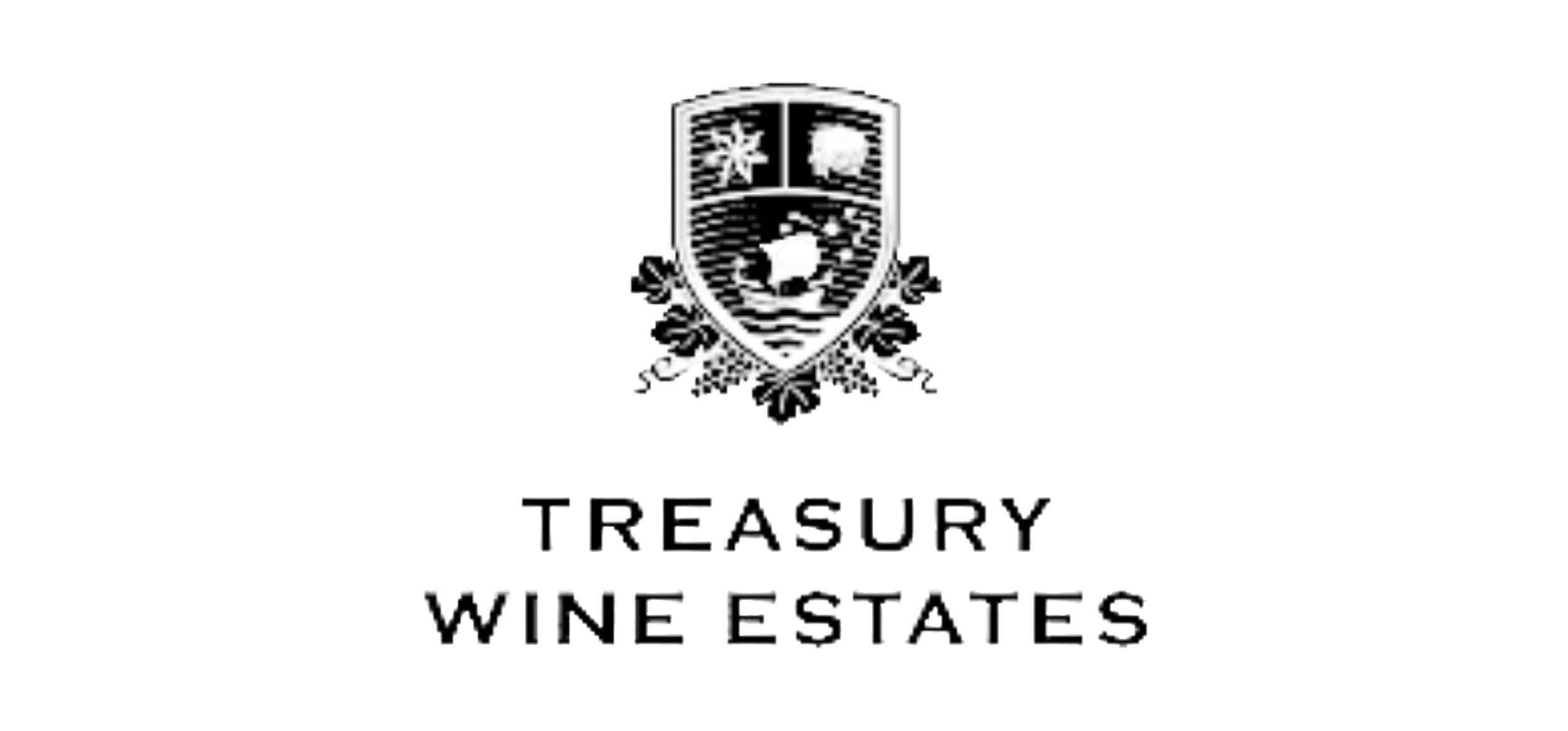

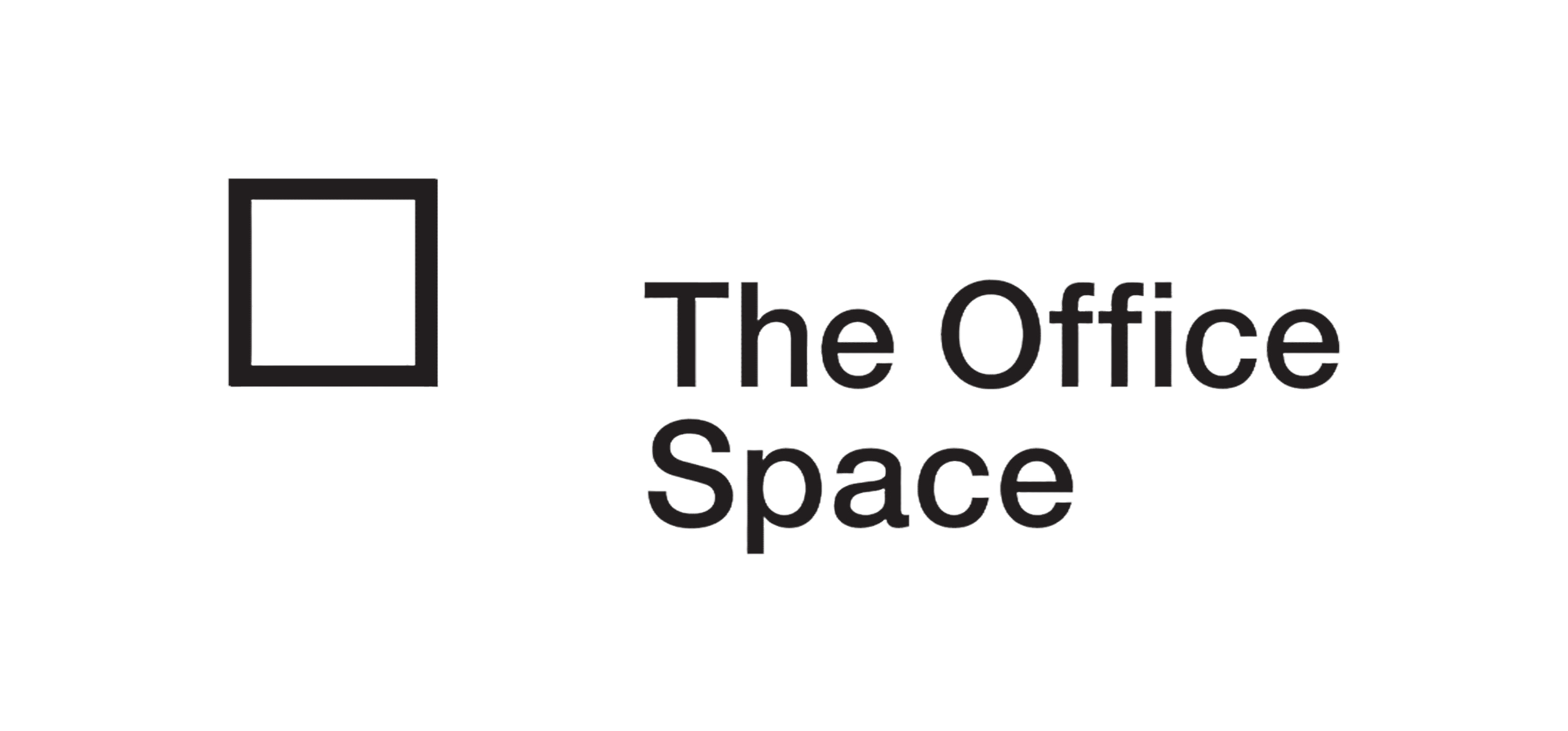
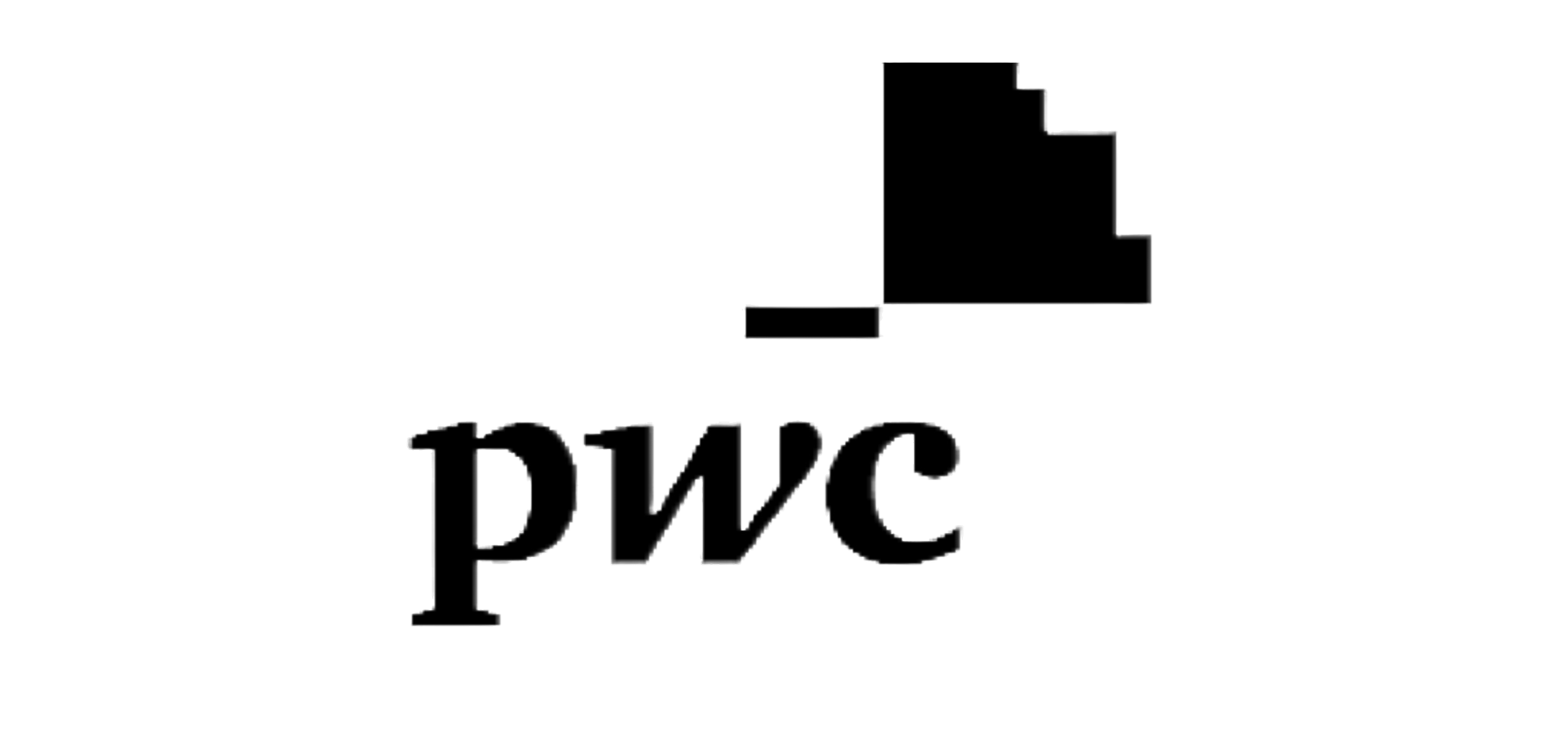

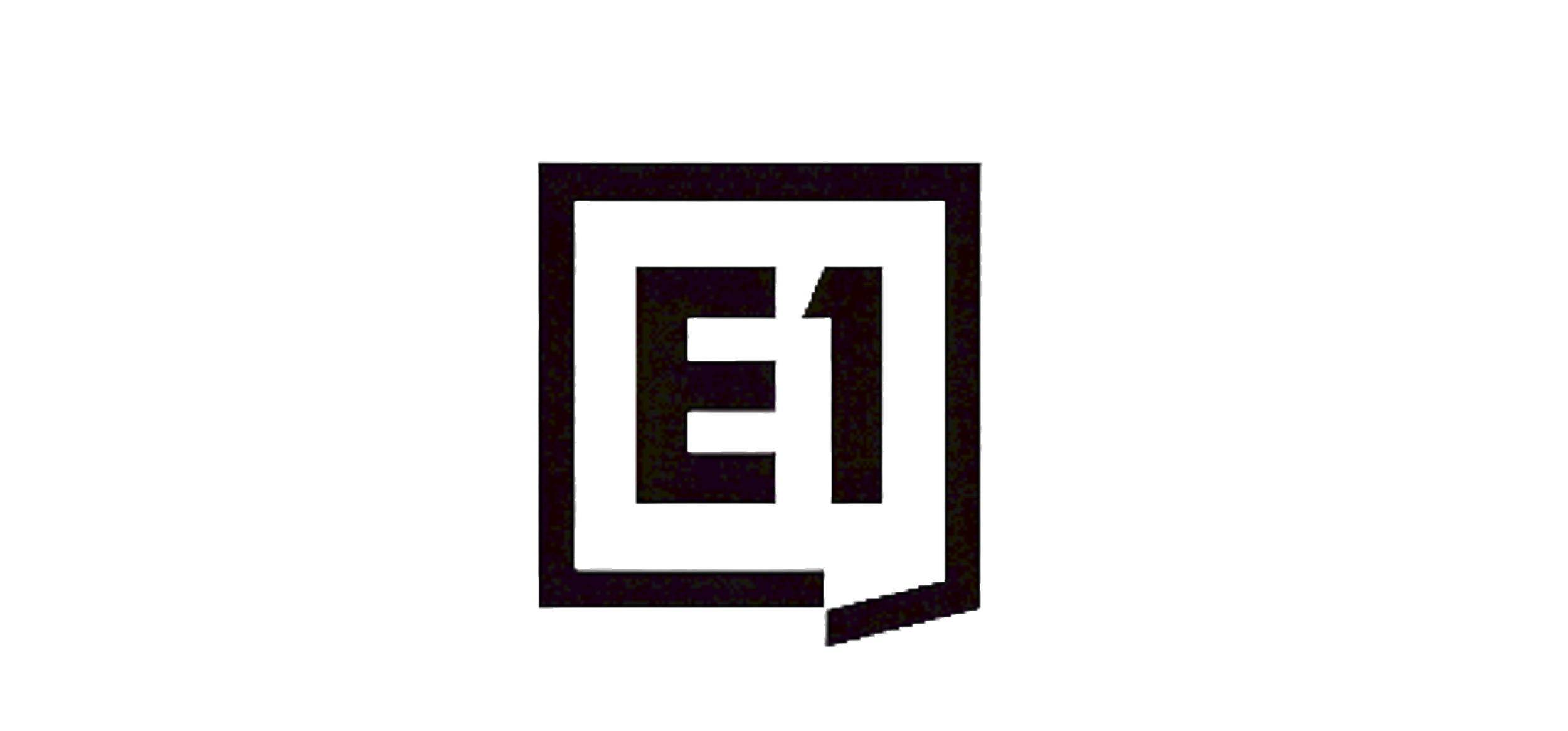

Adaptive Strategy for your business
Owners, operators, founders, execs
I work with those who are knee deep in shifting their business to a place they know is possible, even though they can’t quite describe what it is, or can’t quite sense how to get there.
Working with what is; creating beauty
I weave, together with you, the threads of insight into something that shifts the context closer to the one you know is possible.
Sensing the moment; not yet sure how to respond
I walk with you as you sense what is happening, holding the space while you explore the options, drawing upon my experience to experiment and pattern match together.
How I can help
Insight Conversations
One-off conversations designed to bring clarity when things feel noisy, stuck, or uncertain.
Helping executives, leaders, founders and operators who are looking to see what’s really happening, cut through assumptions, and identify a grounded next step.
Subtle Disruption Studio
A series of focused, immersive sessions for teams and leaders who want to step out of the day-to-day and learn how to navigate complexity more effectively.
Through experiential workshops, build a shared understanding, sharper decision-making, and practical tools for sensing, alignment, and adaptive strategy.
Wayfinding in Complexity
Ongoing strategic partnerships for founder–leaders navigating change, growth, and uncertainty.
Providing a steady rhythm of sensemaking, decision support, and alignment to help you stay oriented as the landscape shifts. Rather than offering answers, Wayfinding helps you see the pattern and choose your next move with confidence, embedding ritual and learning within organisational culture.
Who is this one calling himself a Subtle Disruptor?
Adam is a trusted partner, strategic advisor, expert facilitator, and mentoring thought-partner.
He works with owners and founders who are hands-on operators in their business. Those who know they could do with an extra set of eyes, ears, or hands.
He is like the quiet, dependable, grounded, consistent friend who is always there. Not flashy. Working with the incremental and tailored rather than the step-change and formulaic.
Happy Clients
“I had the pleasure of working with Adam for the last two half years at Culture Amp. I collaborated with Adam on five offsites with our full 30 person leadership team and 8 with our executive team. After several years of using eternal facilitators Adam took over the reigns and not only designed, but fully ran and expertly facilitated, all of those sessions.
One of his remarkable strengths is his intuitive understanding of when to hold space for discussion and when to step in and guide the conversation. This skill has enabled our leaders to truly listen to one another, navigate complexity and gain clarity on their objectives, and align around a shared strategic vision. I wholeheartedly endorse Adam for any opportunities in designing and facilitating strategic offsites.
Adam’s adaptability, keen awareness, and ability to connect with diverse leadership styles will undoubtedly foster greater coherence and collaboration within any organisation. I can highly recommend his new business ‘Subtle Disruptors’ to any leadership team - he is the perfect partner to either introduce, or up level, your offsites.”
— Didier Elzinga, Culture Amp Co-founder and CEO
“When we established our law firm, it was crucial for our partners and team members to align on the kind of business we wanted to build—one that we would be proud to work in and which would be successful for many years to come.
Adam worked closely with our leadership team to guide us through the process of defining the foundational elements of our firm—our Purpose, Vision, Mission, and Values. His ability to foster an open and inclusive environment ensured that every partner and other members of our team felt heard, helping us identify common ground and shared aspirations.
What sets Adam apart is his tailored approach. He doesn’t impose solutions but instead facilitates conversations that bring out the best thinking from everyone involved. This has not only helped us align as a team but also given our firm a clear direction and framework for decision-making going forward.
I highly recommend Adam to other leadership teams seeking alignment on strategy and culture. His expertise will give your organisation the clarity and cohesion needed to thrive.”
— Robert Feiner, Becketts Lawyers Partner
“As co-owners of a newly established wellness centre, we knew there were important conversations we needed to have—we just weren’t sure what they were or how to approach them. We had a shared vision, yet needed more structure to translate that vision into aligned, practical steps.
Through just three focused sessions, Adam helped us surface the conversations that really mattered. He asked the right questions, created a safe space for honest dialogue, and helped us break everything down into actionable steps. Those conversations have directly shaped our direction as a business and strengthened our relationships in the process.”
— Co-founders, Infinite.co

